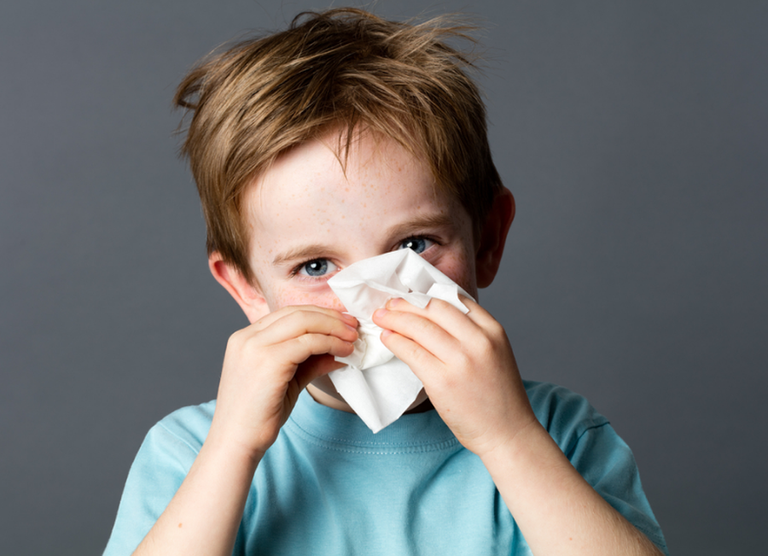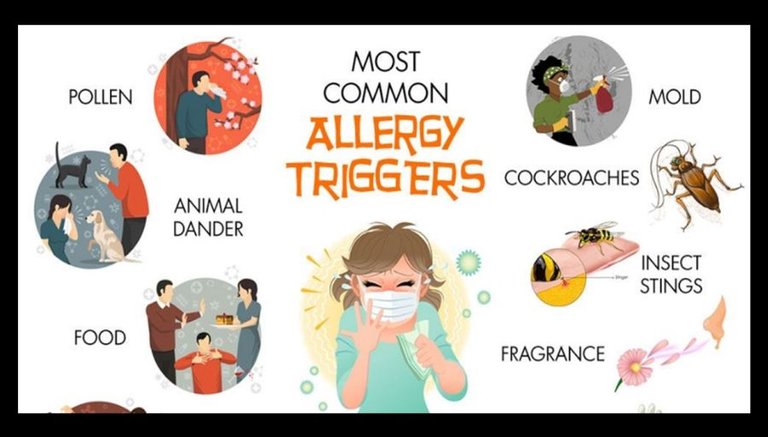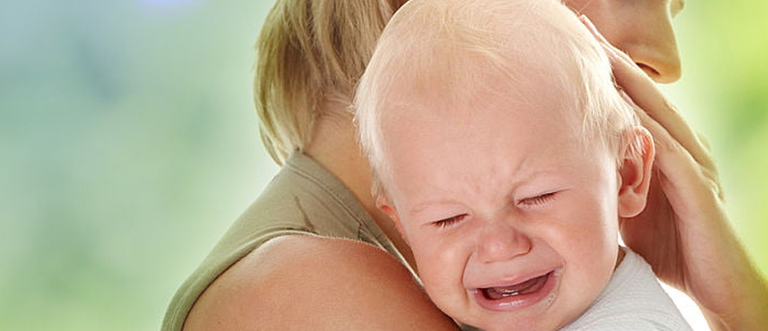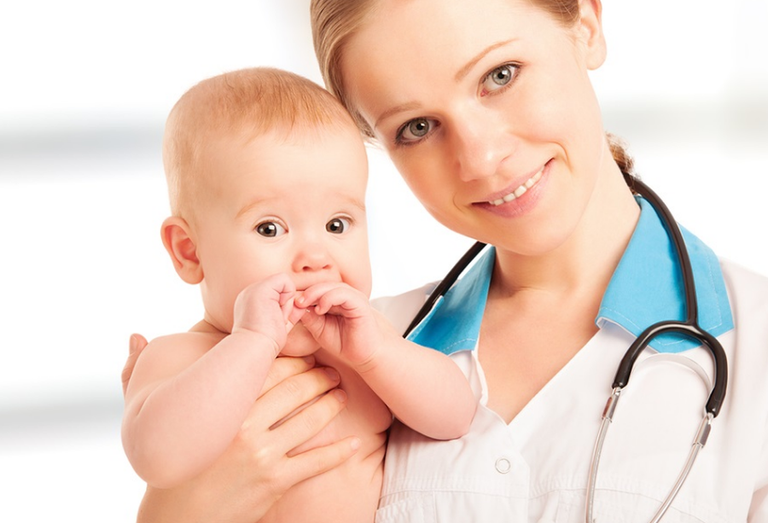
Allergies are abnormal immune system reactions to things that are typically harmless to most people. When a person is allergic to something, the immune system mistakenly believes that this substance is harming the body. While allergies in kids are underdiagnosed, the good news is that treatment really works. With medical care, your baby or toddler will not only feel better, but you could head off complications in the future.

What Causes Child Allergies?
Children get allergies from coming into contact with allergens. Allergens can be inhaled, eaten, or injected or they can come into contact with the skin. It happens when their immune system overreacts to a substance that’s normally harmless. When your child eats, touches, or breathes in an allergen, their immune system releases histamines. That causes symptoms of an allergic reaction. The symptoms of an allergic reaction can vary from person to person. Allergens can affect your child’s skin, respiratory tract, and other organs.

Allergy Symptoms in Children:
- Runny and itchy nose.
- A chronic cough.
- Red, watery eyes.
- Congestion.
- Frequent sneezing.
- Mouth breathing, especially while asleep.
- Exhaustion, because of poor sleep quality.
- Allergic shiners dark rings under the eyes.
- Symptoms that last longer than a couple of weeks.

Common Allergy triggers in Children:
- Indoors: pet or animal hair or fur, dust mites, mold.
- Outdoors: tree pollen, plant pollen, insect bites or stings.
- Foods: peanuts, eggs, milk and milk products.
- Irritants: cigarette smoke, perfume, car exhaust.

Treatment tips for your Child:
- Keep windows closed during the pollen season, especially on dry, windy days when pollen counts are highest.
- Prevent anyone from smoking anywhere near your child, especially in your home and car.
- Avoid having pets and indoor plants.
- Keep the house clean and dry to reduce mold and dust mites.
- Avoid those things that you know cause allergic reactions in your child.
- See your pediatrician for safe and effective medicine that can be used to help alleviate or prevent allergy symptoms.

When should you call the doctor?
- Makes it difficult for your child to sleep.
- Causes your child pain.
- Has not faded in three days.
- Does not change color when pressed.
- Appears like bruising.
- Starts shortly after eating a new food or taking a new medication.
- If your child has a fever with the rash.
In the conclusion, we can say that allergy is the silent harmful diseases for kids. So when your kid is attracting with it you should take a serious decision about it.
Hi! I am a robot. I just upvoted you! I found similar content that readers might be interested in:
https://www.healthychildren.org/English/health-issues/conditions/allergies-asthma/Pages/Allergy-Causes.aspx
I think It is your wrong idea.